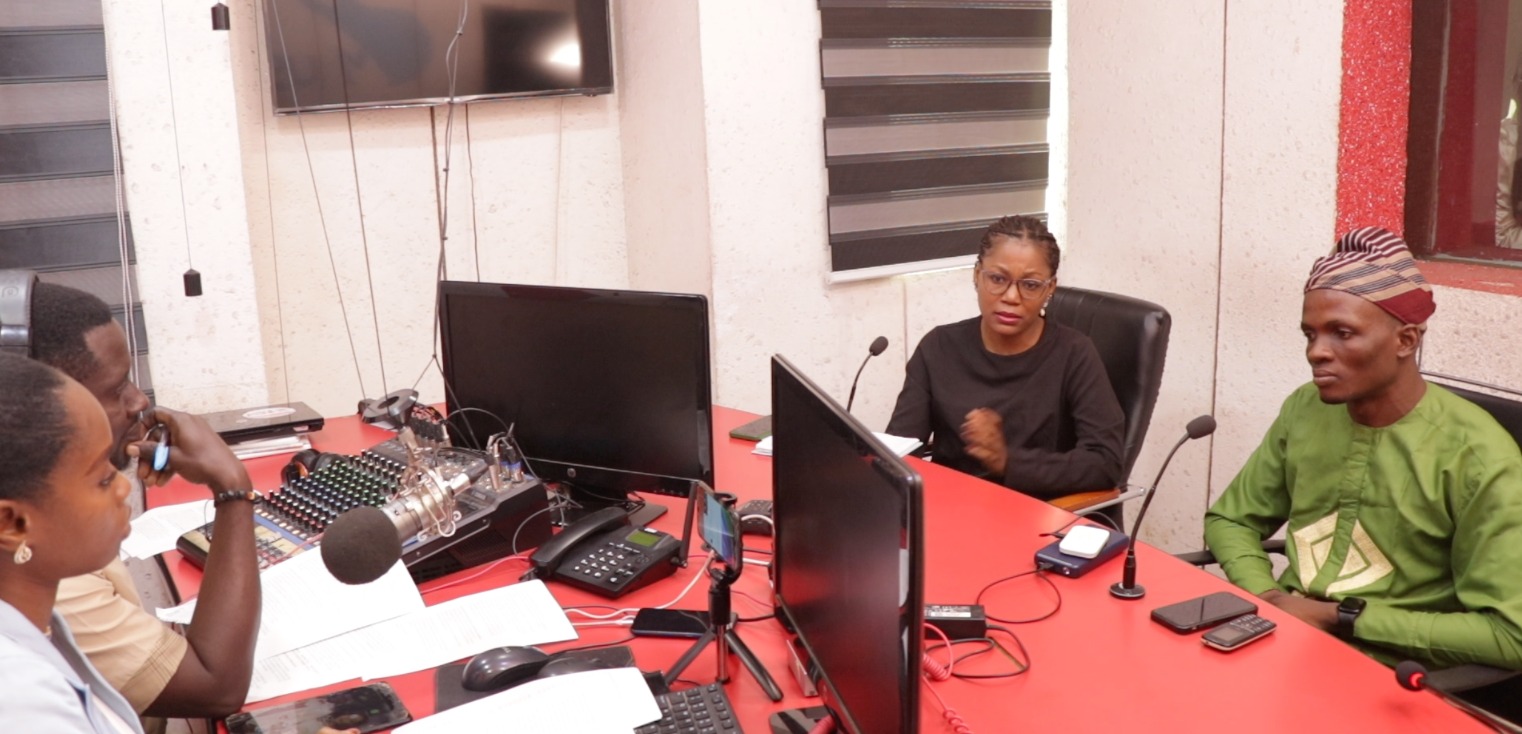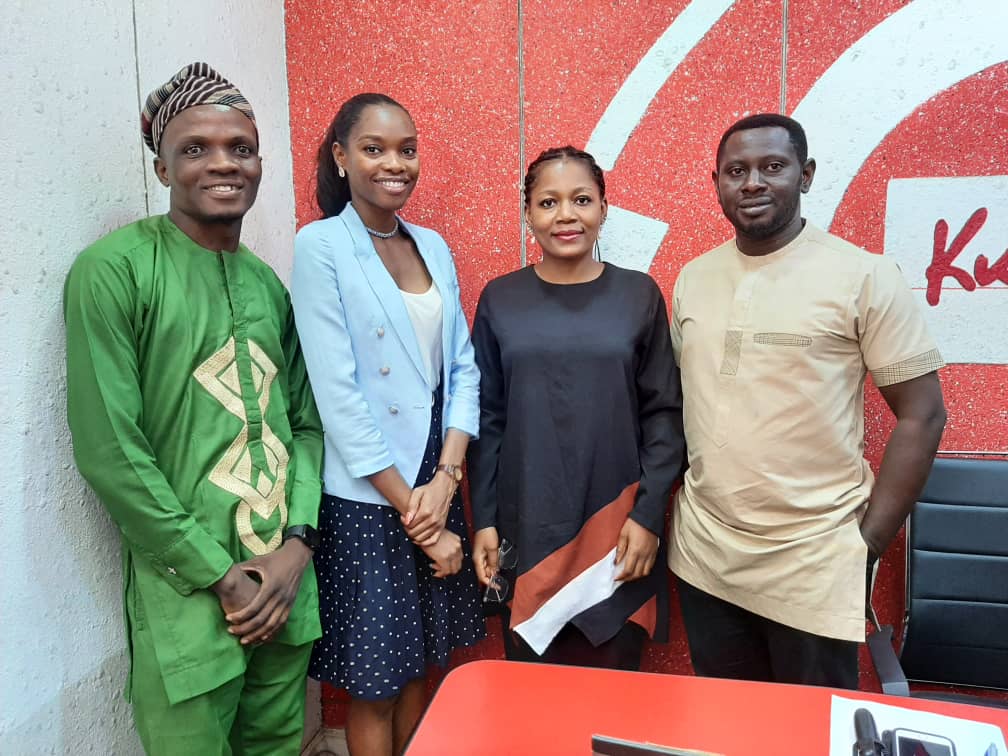A recent investigative report by the International Centre for Investigative Reporting (ICIR) had exposed that state governments are not fully utilizing Open Contracting Portals, which are designed to provide transparent and accessible information regarding public procurement.
According to the Editor of ICIR, Victoria Bamas, only 17 states out of the 36 furnished their online public procurement portals with information on the bidding process, contracts award, location of projects, dates of contract award and execution.
Bamas revealed this during an anti-corruption radio programme, PUBLIC CONSCIENCE, produced by the Progressive Impact Organisation for Community Development, PRIMORG, Wednesday in Abuja.
She lauded Adamawa, Edo, Osun, Anambra, Niger state, Borno, Zamfara, Delta, Kano, Kaduna, Cross River, Ogun, Imo Yobe, Lagos, Plateau and Ondo states for updating their open contracting portals and making them accessible for the public.
Bamas tasked state governors to strengthen their open contracting portal, noting that it signifies readiness to deliver good governance while urging Civil Society Organisations (CSOs) to increase sensitization on the need to hold their state governments to account as well as exposing them on how to navigate open contracting platforms.

“Any serious state government to work for the people must promote financial transparency by strengthening open contracting – if a governor is really serious, he will ensure that the state has a functional open contracting portal.
“What CSOs can do is educate the people on open contracting portals, and If the people have that information, then they can actually hold the government to account,” Bamas stated.
Reacting to the flouting of open contracting laws, Data Journalist with Dataphyte, Olanrewaju Oyedeji, lamented that some states in Nigeria are deliberately promoting opacity of public spending rather than fiscal transparency. Noting that the continued inaccessibility of open contracting portals in many states has become a breeding ground for corruption.
Oyedeji called for participatory governance at the subnational, urging state governors to carry citizens along by promoting the use of procurement portals in their states. He decried the ability of the Bureau of Public Procurement (BPP) in states to encourage fiscal transparency.
He stressed that some governors lack the political will to promote transparency and accountability, hence the need for citizens to do more in holding them accountable.
His words: “I think for the governors that have mindsets of serving the people, one of the critical processes that can be seen is if they can have participatory government. So, governors should make it essential to carry the people through the open contracting portals. Not everybody can go to the government house, but the government house can be on the open contracting portal.
“Citizens should also not get tired of asking the government questions, the media, the CSOs should also try to inform the people more through reports like this,” Oyedeji advised.
Nigerians who called into the radio programme faulted state governments whose contract awards and procurement information are either not accessible or updated on the open contracting portal. In contrast, Akwa Ibom state reportedly does not operate any electronic procurement portal.
Earlier, during the radio programme, a member of the community of Persons With Disability (PWD), Chris Obiora, faulted President Bola Tinubu and state governors for omitting PWDs in their cabinets.
According to Obiora, the implication of their non-inclusion in federal and state cabinets meant concerns of PWDs may not be on the front burner, adding that President Tinubu and state governors ran afoul of the law, which provides for five percent inclusion of PWDs in governance.

Public Conscience is a syndicated weekly anti-corruption radio program PRIMORG uses to draw government and citizens’ attention to corruption and integrity issues in Nigeria.
The program has the support of the MacArthur Foundation.
About Author
You may also like
-
SGBV: Activists Seek Stringent, Stiffer Penalties For Rape Offenders
-
Anti-Corruption: Whistleblowing Law Long Overdue – Activists, Lawyers Counsel FG
-
N12bn Bribery Scandal: EFCC Urged To Prosecute Indicted Nigeria Customs Officials
-
NEIP: ICPC Harps On Collective Fight Against Corruption
-
ICPC Says Constituency Projects Tracking Declining Corruption, Urge Nigerians To Report Infractions

